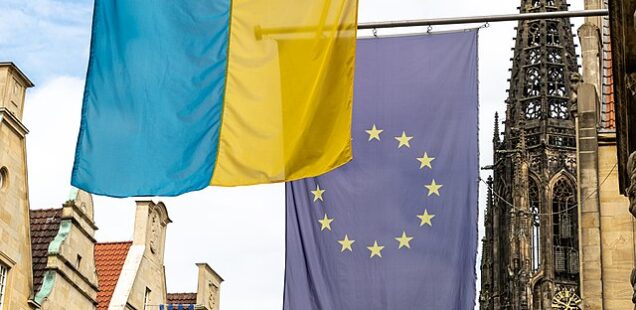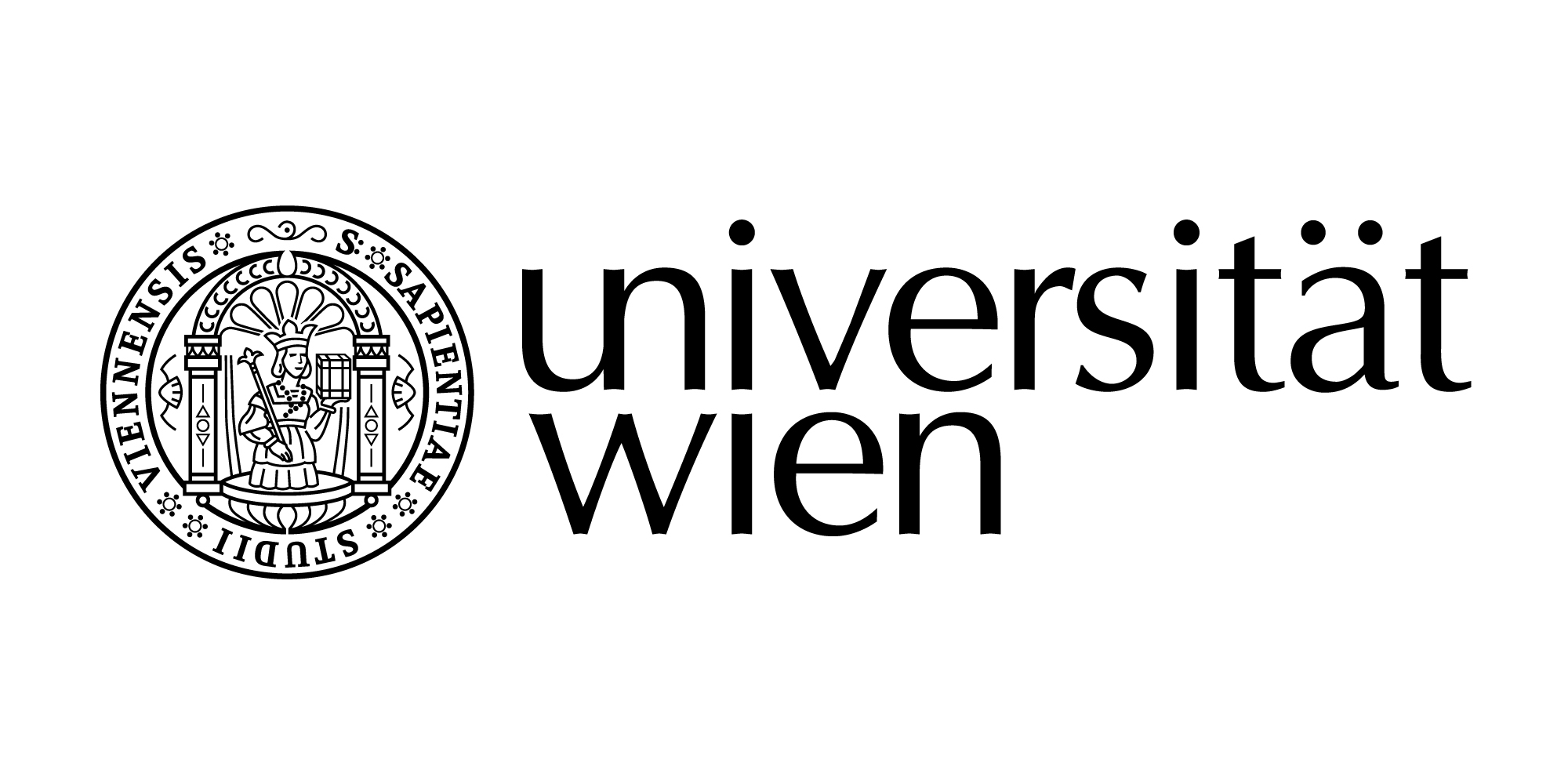
The Russian-Ukrainian War: How and When Should It End?
The Russian-Ukrainian war is going on since 2014, it escalated extremely after 2022 Russian full-scale invasion of Ukraine, yet there is not full understanding of this war even in Europe. Since the war directly influenced Europeans, e.g. through the rise of prices, Ukrainian refugees in different European countries, many would prefer the war to end quicker. Indeed, an ordinary citizen could not understand why war would continue if it brings so much suffering and destruction. Yet the world is not that simple. This article will present views of Ukrainians on the possible end of the war (for instance that 89% of Ukrainians want Ukraine to join NATO and 84% reject any territorial concessions to end the war), it will discuss the future of Ukraine as a democratic country and explain why Ukrainian victory is so important.
The end of the war from a Ukrainian perspective
Although some in the West advise Ukrainians to give up the aim of NATO membership and to surrender some of the territories to Russia, this is not what Ukrainians would agree to. The question of Ukraine’s membership in NATO is very interesting. Before Russia annexed Crimea in 2014, only 18% of Ukrainians supported joining NATO and 67% were against (Slovo i Dilo 2023). After Russia annexed Crimea and fuelled the war in Donbas in 2014, the numbers were different: 47.8% of Ukrainians were in favor of joining the Alliance and 32.4% were against (Slovo i Dilo 2023). Ukrainians’ desire for NATO membership skyrocketed after the full-scale invasion: in May 2023, it was 89% (comparing to 82% in March 2023, 72% in June 2022 and 69% in April 2022)1 (‘Surge in Support for NATO Membership’ 2023; ‘Ukraine’s Support for NATO’ 2023).
In the question of territorial integrity of Ukraine, there is also no place for concessions from a Ukrainian perspective. In May 2023, 84% rejected any territorial concessions to Russia even in the face of long-lasting war and other threats (‘Dynamics of Readiness for Territorial Concessions for the Earliest Possible End of the War’ 2023). Interestingly, but not only this indicator stayed almost unchanged during all months of the Russian invasion (82% in May 2022, 84% in July 2022, 87% in September 2022, 85% in December 2022, 87% in February 2023), but there is no substantial regional variation – in May 2023, 86% in the West and 75% in the East of Ukraine rejected any territorial concessions (‘Dynamics of Readiness for Territorial Concessions for the Earliest Possible End of the War’ 2023).
With the above in mind, it would be risky for Ukrainian leaders to sign a peace treaty, which would go against the public opinion, for a number of reasons: first, that would threaten their re-election options, second, Ukrainians may go out into the streets to protest an unwanted agreement (as they did in 2019, when Zelensky was about to accept the Steinmeier formula), third, the implementation of the agreement may fail, when Ukrainians would not follow its conditions. Therefore, currently there is not much leverage for Ukrainian leaders in negotiating peace.
Ukraine’s future
We should remember that since the war started Russia has never come out with its options to end this war. Peace talks between Ukrainian and Russian officials in Turkey or Belarus did not bring peace. Yet during peace negotiations in March 2022, the Ukrainian side showed readiness to consider giving up its NATO aspirations and accepting Ukraine neutrality (Atlantic Council in Turkey 2022). This option was also acceptable for a Ukrainian society – 42% of Ukrainians said they would be satisfied with security guarantees from the USA, Great Britain, Germany, France, etc., instead of NATO membership and 42% perceived joining NATO as the only way to protect Ukraine’s security (‘Acceptability of Refusing to Join NATO in Obtaining Security Guarantees from Individual Countries’ 2022). Now, the situation has shifted.
After unsuccessful peace talks, Russian atrocities and continuation of war, Ukrainians do not see a possibility of peace negotiations with Russia. In May 2022, 59% of Ukrainians would have accepted peace talks with Russia, yet in May 2023, only 33% were in favor of negotiations with Russia and 63% opposed them (‘Surge in Support for NATO Membership’ 2023). In March this year, 64% would support liberating the whole territory of Ukraine, even with the longer war and losing Western support for Ukraine (‘Feasibility of Liberating Crimea by Military Means’ 2023). However, even with all the gained war experience and great motivation, it would be hardly possible for Ukraine to continue fighting with Russian aggression without Western help.
Yet with the war going on for 1.5 years already, increased suffering of Ukrainian population and some fatigue of Ukraine’s Western supporters, is there a chance for Ukrainians to agree for less favourable peace deals? There might be some favourable changes in Russia: Wagner rebellion showed disunity in Russian military and Putin’s weakness, Ukraine’s attacks on Russian soil bring the war closer to ordinary Russians and dissatisfaction with the war in Russia may become more visible. But if the Russian position stays the same, will Ukrainians be able to give up some of the above-mentioned goals? There seems to be an understanding that NATO membership, although desirable, will not happen any time soon. There are discussions of alternative security guarantees for Ukraine, e.g. according to the example of American guarantees to Israel or Taiwan (Faraponov 2023). And Ukraine’s Minister of Foreign Affairs also expects that this autumn Ukraine’s foreign partners may put pressure on Ukraine to sign a peace deal with Russia (‘Kuleba predicts a difficult autumn’ 2023). If Ukrainian leaders got convinced by the West to conclude a peace deal with Russia, they may still try to convince Ukrainian population in this. Though with NATO and EU membership could be possibly put on pause, it is unlikely that Ukrainians would accept any territorial loses.
Thinking about Ukraine’s future, it is important to underline that Ukrainians are fighting for European values of democracy and human rights. In May 2023, for 95% of Ukrainians, it was important that Ukraine would become a functioning democracy after the war (‘Surge in Support for NATO Membership’ 2023). Three most important characteristics of democracy Ukrainians saw in fair justice for all, freedom of speech, free and fair elections (‘Surge in Support for NATO Membership’ 2023). This war has, unfortunately, deteriorated some basic democratic principles: there is some media censorship, men aged 18-60 are not allowed to leave Ukraine and corruption still stays an issue. Thus, after Ukrainians defeat Russia, it is crucial for them to feel empowered for rebuilding the country based on the standards of democracy. Closer ties with the EU and NATO, but also foreign investments can contribute into building democratic and prosperous Ukraine faster.
Why Ukraine’s victory is important for Europe?
Although it may seem that this war is far from Europe, Ukraine’s victory is important for Europe. When Russia attacked Ukraine in 2014 (and even before when it attacked Georgia in 2008), it broke international law. The post-Second World War security architecture in Europe was destroyed. Russia was not stopped in 2008 and 2014 and this allowed it to start its full-scale invasion of Ukraine in 2022. With the fatigue of war and the desire to end it faster, liberal democracies should not forget their own values. Support for Ukraine could be amended (e.g. the change of help for Ukrainian refugees that creates dissatisfaction among some of the locals or better control over the financial and military help sent to Ukraine), but the overall goal to punish the aggressor cannot be forgotten. If Russia is not stopped now, other major powers would feel allowed to attack smaller countries (e.g. China is watching the world response to the Russian aggression and halting its plans as for occupation of Taiwan), we would live in a more chaotic and unstable world. Other Eastern European countries, even being members of NATO, cannot not be sure that Russia would not start a war against them. The existence of weapon of mass destruction in this world, makes it even more dangerous and threatens the existence of our civilisation. That is why it is important for Western democracies to stay united and persistent in guarding peace and justice all over the world. Ukraine’s victory against Russia would be a sign that justice can be reached and united democratic response is the best answer to any aggressor.
Notes:
In this article, the author uses primarily public opinion surveys conducted by Kyiv International Institute of Sociology, which is an internationally recognised Ukrainian analytical center and a member of the European Association of Public Opinion and Marketing Researchers (ESOMAR). All the mentioned surveys can be found on the KIIS’s web-site also in English. The number of interviewed respondents for each of the mentioned surveys was around 2 000, who were interviewed per phone.
Sources:
‘Acceptability of Refusing to Join NATO in Obtaining Security Guarantees from Individual Countries’. 2022. Kyiv International Institute of Sociology. https://www.kiis.com.ua/?lang=eng&cat=reports&id=1110&page=13.
Atlantic Council in Turkey. 2022. ‘Experts React: After Russia-Ukraine Talks in Istanbul, Is an End to War Imminent?’ Atlantic Council. April 1. https://www.atlanticcouncil.org/blogs/turkeysource/experts-react-after-russia-ukraine-talks-in-istanbul-is-an-end-to-war-imminent/.
‘Dynamics of Readiness for Territorial Concessions for the Earliest Possible End of the War: Results of a Telephone Survey Conducted May 26-June 5, 2023’. 2023. Kyiv International Institute of Sociology. https://kiis.com.ua/?lang=eng&cat=reports&id=1242&page=1.
Faraponov, Vladyslav. 2023. ‘A temporary alternative to NATO. What could be the security guarantees for Ukraine from the USA.’ Forbes.ua. August 8. https://forbes.ua/war-in-ukraine/kiiv-ta-vashington-vzhe-pratsyuyut-nad-ugodoyu-shchodo-garantiy-bezpeki-dlya-ukraini-yakimi-voni-mozhut-buti-z-boku-ssha-amerikanist-vladislav-faraponov-viokremiv-tri-mozhlivi-modeli-08082023-15303.
‘Feasibility of Liberating Crimea by Military Means’. 2023. Kyiv International Institute of Sociology. https://www.kiis.com.ua/?lang=eng&cat=reports&id=1204&page=1.
‘IRI Ukraine Poll Shows Strong Confidence in President Zelensky, a Surge in Support for NATO Membership, Russia Should Pay for Reconstruction’. 2023. International Republican Institute. https://www.iri.org/news/iri-ukraine-poll-shows-strong-confidence-in-president-zelensky-a-surge-in-support-for-nato-membership-russia-should-pay-for-reconstruction/.
‘Kuleba predicts a difficult autumn, because the world will talk more about negotiations with Russia’. 2023. Racurs.ua. Accessed August 12. https://racurs.ua/ua/n186106-kuleba-prognozuie-vajku-osin-bo-u-sviti-bilshe-govorytymut-pro-peregovory-z-rosiieu.html.
Slovo i Dilo. 2023. ‘30 years of Independence: how the attitude of Ukrainians to NATO membership changed’, July 16. https://www.slovoidilo.ua/2021/08/24/infografika/suspilstvo/30-rokiv-nezalezhnosti-yak-zminyuvalosya-stavlennya-ukrayincziv-chlenstva-nato.
‘Ukraine’s Support for NATO and Demand for Inclusive Democracy Reach Record High Levels’. 2023. Kyiv International Institute of Sociology. https://www.kiis.com.ua/?lang=ukr&cat=reports&id=1255&page=1.


